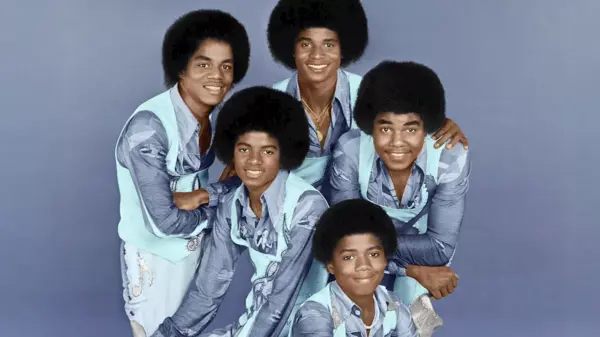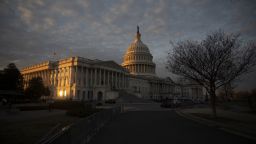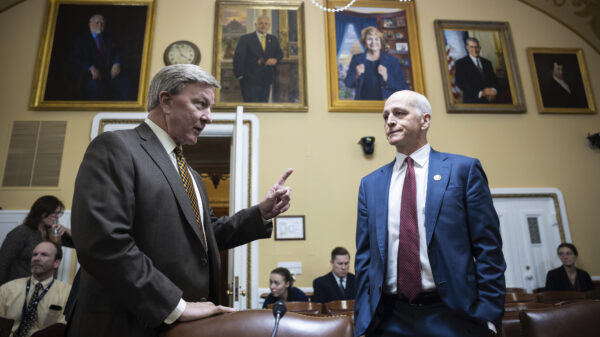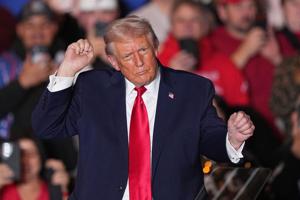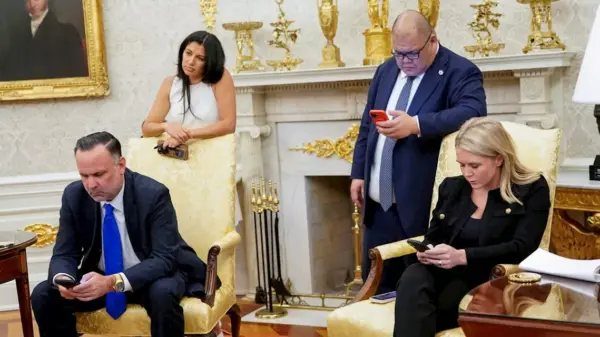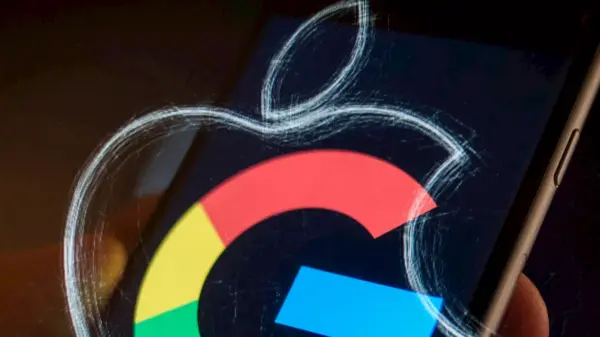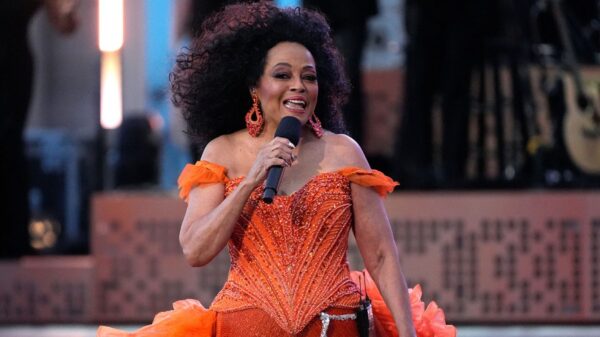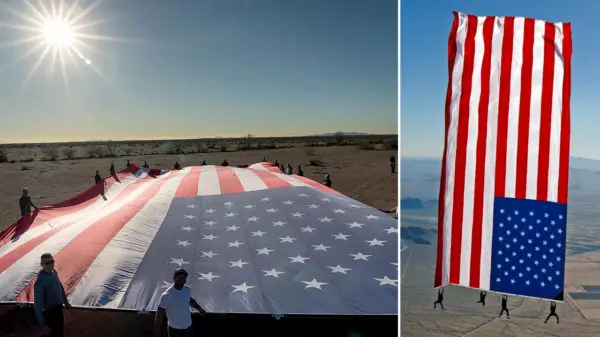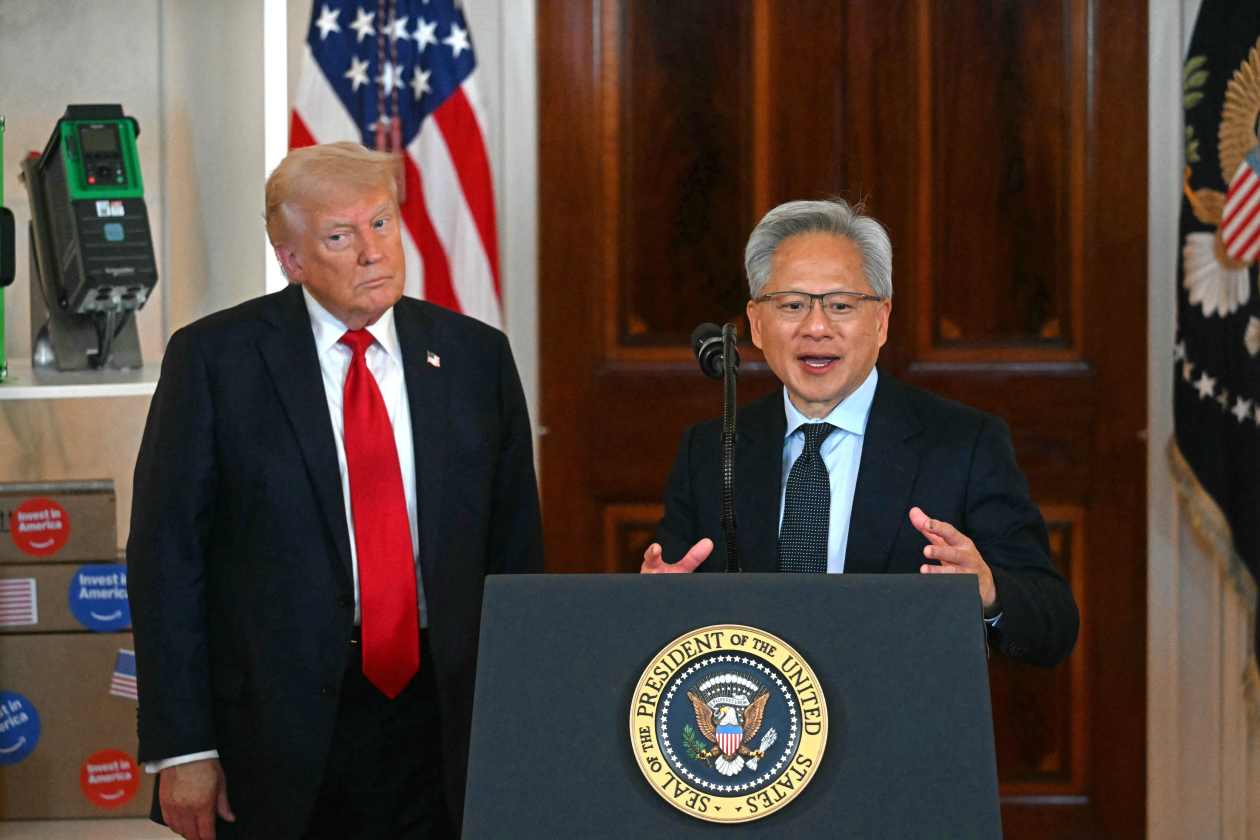Jensen Huang, the Chief Executive of Nvidia Corp., publicly diverged from former President Donald Trump’s optimistic assessments of the United States’ position in artificial intelligence (AI) during a recent interview on CNBC’s “Squawk Box.” Huang stated that the U.S. is “not far ahead” of China in AI development, a stark contrast to Trump’s claims that the U.S. is “beating everybody with AI at levels that nobody ever thought even possible.”
Huang’s comments, made on March 13, 2024, reflect a more cautious perspective regarding the global AI landscape. The Nvidia CEO emphasized the rapid advancements being made in China, suggesting that the competition in AI technology is intensifying. This viewpoint could have significant implications for U.S. policy and corporate strategy in the tech sector.
During the interview, Huang highlighted specific areas where China has made substantial progress, particularly in AI applications for various industries. He noted that while the U.S. has made impressive strides, the rapid pace of innovation and investment in China poses a serious challenge. Huang remarked, “The reality is that the race is very close, and we need to continue investing heavily in research and development to maintain our lead.”
Trump’s assertion, made earlier in the week, painted a picture of American dominance in the AI field, which many industry experts have questioned. As AI technologies become increasingly critical across sectors, the stakes are high for both countries. Huang’s candid acknowledgment of the competitive landscape could serve as a wake-up call for policymakers and business leaders in the United States.
The differing perspectives on AI development underscore a broader debate about the future of technology and international competition. With both the U.S. and China investing heavily in AI research, the landscape is rapidly evolving. According to Huang, maintaining a competitive edge requires not only capital investment but also a workforce skilled in cutting-edge technologies.
As the tech industry continues to grow, the implications of these discussions extend beyond corporate boardrooms. They touch on national security, economic policy, and the future of innovation in the global economy. Huang’s insights, backed by Nvidia’s position as a leader in AI hardware and software, provide a critical lens through which to view the ongoing competition between the U.S. and China.
In conclusion, the remarks from both Huang and Trump illustrate the complexities of the AI race and the differing views on the current state of competition. As the dialogue around AI progresses, it remains essential for stakeholders in both countries to navigate these challenges with strategic foresight.

